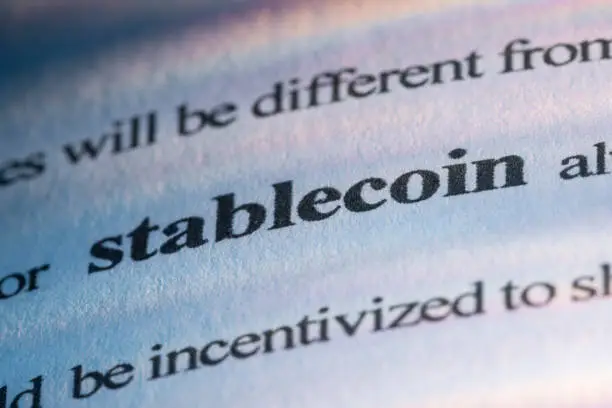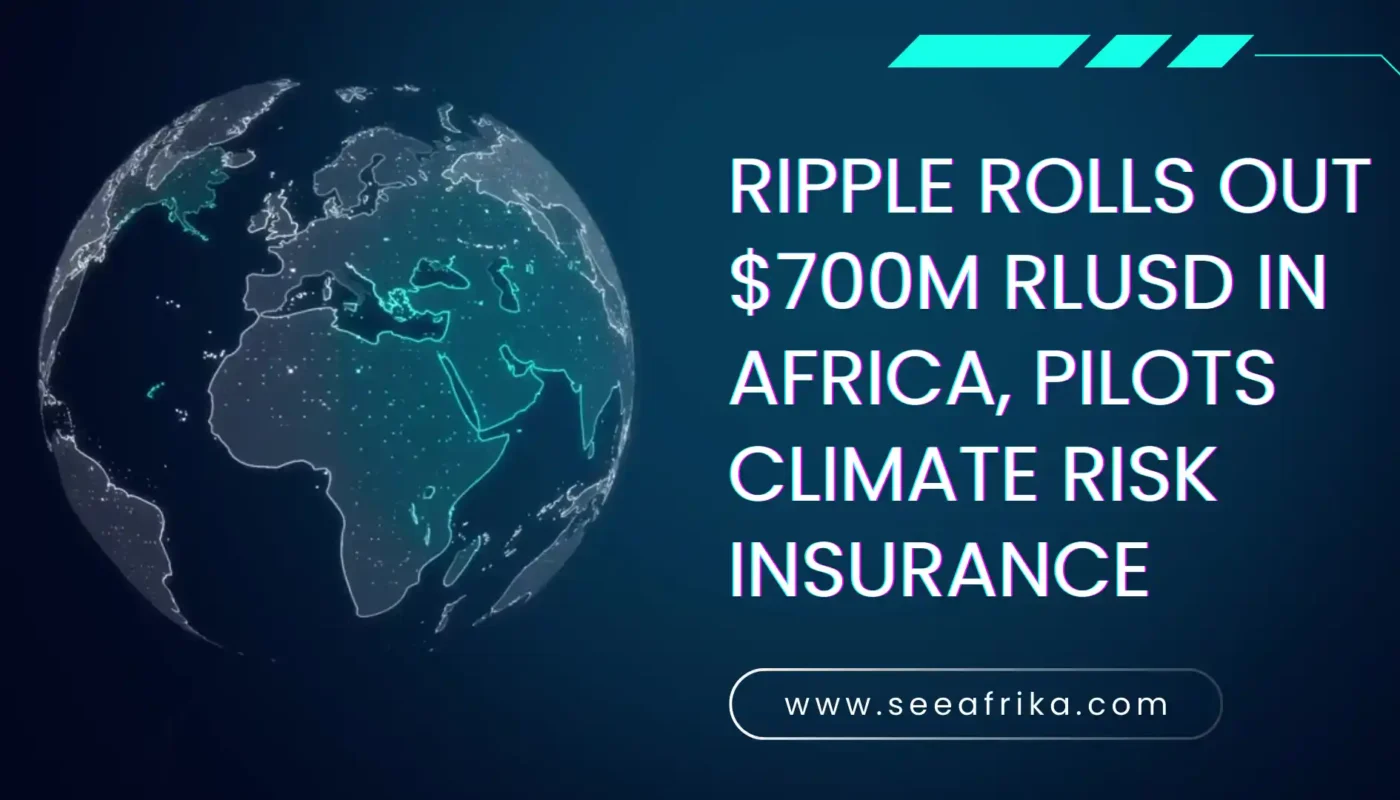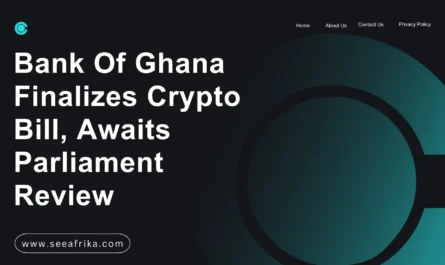Ripple, the global blockchain payments giant, has taken a bold step in Africa. The company launched $700 million worth of RLUSD stablecoins on the continent. This marks a major milestone for digital finance in Africa. Ripple aims to enhance cross-border payments and tackle climate risks through blockchain technology.

Ripple Partners to Expand RLUSD in Africa
To successfully roll out RLUSD in Africa, Ripple joined forces with key local players. The partners include Chipper Cash, VALR, and Yellow Card. These companies serve as distribution points for RLUSD. They provide the infrastructure needed to deliver U.S. dollar-pegged stablecoins to corporate and institutional users.
Chipper Cash is renowned for its pan-African mobile payment solutions. VALR is one of Africa’s leading cryptocurrency exchanges, primarily based in South Africa. Yellow Card offers easy access to cryptocurrencies in multiple African countries. Together, these partners cover a broad geographical and demographic scope.
Related news: M0 Raises $40M to Drive Stablecoins in Africa
What is RLUSD in Africa and Why It Matters
RLUSD is a stablecoin pegged to the U.S. dollar. Unlike volatile cryptocurrencies, RLUSD maintains a stable value. This feature makes it ideal for businesses and institutions requiring reliability.
Stablecoins like RLUSD are gaining popularity quickly in Africa. Traditional banking systems often face challenges here. Slow processing times, high costs, and currency volatility hamper cross-border payments. Stablecoins provide a fast and cost-effective alternative.
Using RLUSD, companies can send and receive funds instantly across borders. This significantly reduces fees and transaction times compared to traditional banking rails. For emerging markets in Africa, this innovation opens new doors.
Also read: Africa Made Up 6.7% of Global Stablecoin GDP in 2024 – IMF
Stablecoins Surge as a Cross-Border Payments Alternative
In many African countries, remittance fees can reach 8% to 12%. Ripple’s RLUSD stablecoin reduces these costs. It also shortens transfer time from days to seconds. Businesses see stablecoins as a vital tool to boost commerce. RLUSD in Africa can help companies manage cash flow better. It also improves access to global markets.
Ripple’s technology uses blockchain to guarantee security and transparency. Users can track transactions in real-time, reducing the risk of fraud. As a result, RLUSD and other stablecoins are becoming central to the continent’s financial ecosystem.
Also read: Cleva Launches Stablecoin Deposits
Mercy Corps Pilots Climate Risk Insurance Using RLUSD
Beyond payments, Ripple is deploying RLUSD in innovative climate risk solutions. Mercy Corps, a leading global humanitarian agency, has teamed up with Ripple for a groundbreaking pilot program. The initiative focuses on blockchain-powered drought and rainfall insurance.
Many African farmers face ruin due to unpredictable weather patterns. Traditional insurance products are expensive and often inaccessible. Mercy Corps aims to change this with RLUSD-backed climate risk insurance. Using smart contracts on the blockchain, payouts can be automated based on weather data. This reduces delays and administrative costs. Farmers receive timely compensation when drought or excessive rainfall strikes.
This pilot project shows how RLUSD in Africa can serve broader social and environmental goals. By combining blockchain finance with climate resilience, Ripple and Mercy Corps hope to protect vulnerable communities.
Ripple’s Vision for a Digital Economy in Africa
Ripple’s expansion of RLUSD in Africa reflects a larger vision. The company wants to drive financial inclusion on the continent. By harnessing blockchain and stablecoins, Ripple intends to bring millions of unbanked Africans into the digital economy.
RLUSD stablecoins offer a bridge between traditional currencies and digital assets. They provide liquidity and stability for businesses and consumers alike. With its local partnerships and pilot programs, Ripple is building a robust infrastructure. This supports not just payments but innovative solutions like climate risk insurance.
Ripple’s work aligns with ongoing trends in African fintech. The continent is rapidly adopting digital payments, mobile banking, and crypto tools. RLUSD adds a critical layer of trust and liquidity to these developments.
Related news: Blockfinex Unveils DollarCoin to Empower Africans
What This Means for Africa’s Future
The $700 million rollout of RLUSD stablecoins is more than just a financial product launch. It symbolizes Africa’s leap into next-generation finance. Cheaper, faster payments can accelerate trade and investment across the region. Corporate users gain new ways to manage currency risk. Institutional players can tap into transparent, secure digital currency systems.
Meanwhile, climate risk insurance pilots introduce resilience against natural disasters. This can save livelihoods in vulnerable rural areas. Ripple’s approach combines cutting-edge technology with local insight. Its partnerships with Chipper Cash, VALR, Yellow Card, and Mercy Corps ensure that solutions meet real needs on the ground. Africa’s financial landscape is evolving fast. RLUSD in Africa is setting a new standard for what digital stablecoins can achieve.




